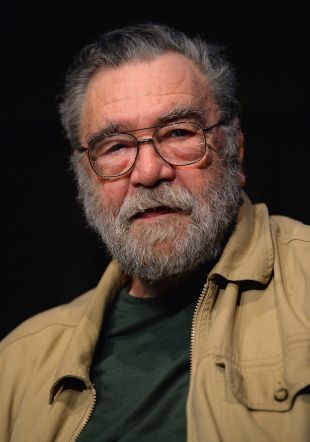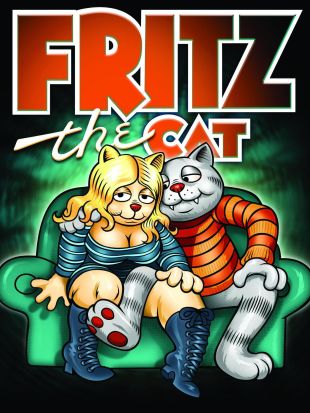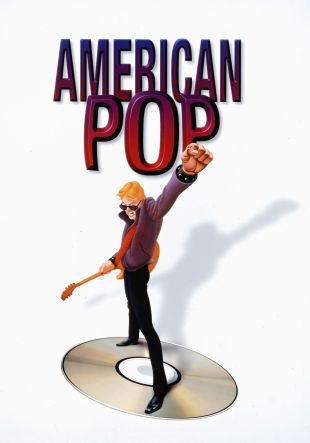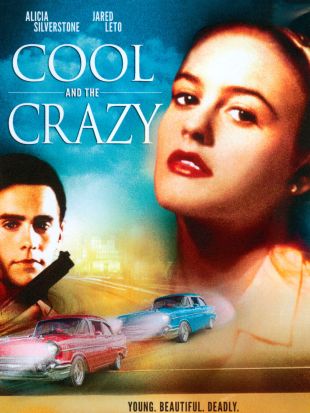Palestine native Ralph Bakshi was raised in a rough-and-tumble section of Brooklyn. A talented artist virtually from the time he could read and write, Bakshi was eighteen years old when he was hired as an opaquer at the Terrytoons animation studio. Recently purchased by the CBS television network, Terrytoons was going through a period of reorganization and restructuring, thus the time was ripe for a young man full of fresh ideas to make an impression. By his early 20s, Bakshi was directing episodes of the Terrytoons TVer Deputy Dawg and the theatrical series James Hound; he also worked on the popular cartoons Hekyll and Jekyll and Mighty Mouse. Ordered by CBS to put together a "superhero" TV cartoon series in 1965, Bakshi, now in charge of Terrytoons, demonstrated his disdain for this assignment by coming up with some of the most ridiculous, least prepossessing superguys in history: Tornado Man, Cuckooman, Ropeman, Strongman, and Diaper Baby. Incredibly, CBS loved it, and thus was born the short-lived but energetic series The Mighty Heroes. When Terrytoons folded, Bakshi moved on to Paramount's cartoon division, a job that lasted until 1967, when Paramount also threw in the towel. During this period, Bakshi's staff had worked on producer Steve Krantz' Spiderman series. Again aligned with Krantz, Bakshi produced his first theatrical animated feature, a down-and-dirty X-rated adaptation of Robert Crumb's "underground" comic strip Fritz the Cat (1972). While Crumb hated the finished product, Fritz proved to be a success on the midnight-movie market. A second Fritz film was slated for production, but Bakshi, who'd had a falling out with Krantz, refused to be involved, choosing to follow his own muse. Bakshi's next feature, Heavy Traffic, was even more outrageous than Fritz; many cartoon aficionados consider this nihilistic, highly scatological tale of a young New York artist's drawing-board fantasies to be Bakshi's finest work. His next was Coonskin (1975), a savage attack on Hollywood racial stereotypes -- so savage, in fact, that the film was picketed by CORE and Bakshi was accused of being a racist himself. Wizards (1977) and Lord of the Rings (1978), two sword-and-sorcery efforts heavily influenced by the works of the late, great illustrator Vaughn Bode, followed. Both were produced with the process of rotoscoping (tracing a live-action film, then animating the drawings), and neither were successful. Likewise hampered by the rotoscope process was American Pop (1980), Bakshi's paean to rock music. Next came Hey, Good Lookin', a nostalgic glance at 1950s street gangs, which was completed in 1975, but held back from release until 1982. With Fire and Ice (1983), another sword-and-sorcery endeavor (this one elevated by the graphic designs of legendary S&S illustrator Frank Frazetta), Bakshi left the theatrical-feature fields for nearly a decade. He resurfaced in 1987 with the brilliant TV series Mighty Mouse: The New Adventures, directed by Bakshi's protégé, John Kricfalusi (of Ren and Stimpy fame). This was the series that brewed a tempest in a teapot when Religious Right media activist Donald Wildmon accused Mighty Mouse of advocating drug use (he was seen in one episode being invigorated by sniffing a white flower!) What killed Mighty Mouse, however, was not Wildmon but ratings: according to CBS, the show was a favorite with adults, but laid an egg with the kiddie audience for whom it was aimed. In 1992, Bakshi returned to the Big Screen with Cool World, a disappointing combination of animation and live action starring Brad Pitt and the voice of Kim Basinger, among others.

Ralph Bakshi
Share on


